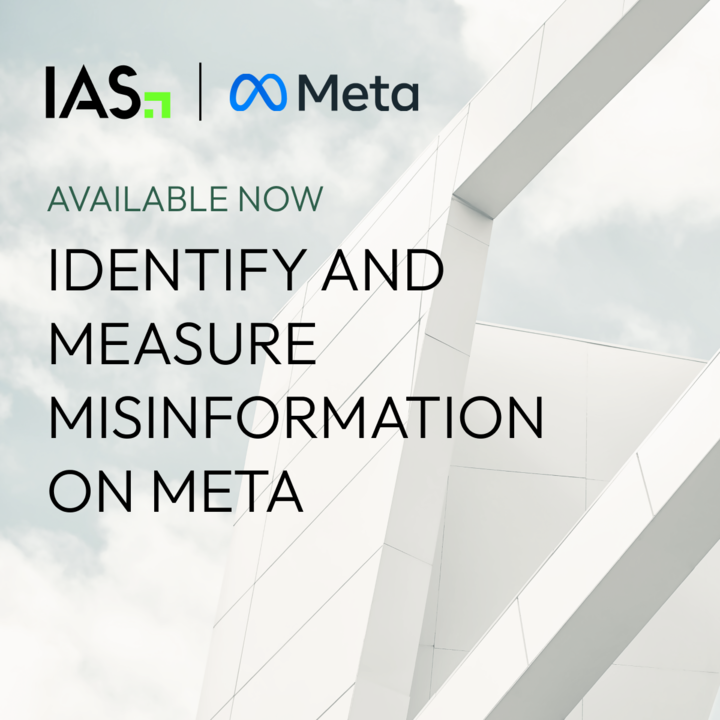Advertising has one high-level objective: to influence consumer behavior in a manner that creates value for the brand. In order to change that behavior, campaigns must be executed in a way that strategically drives impact.
We know there are several factors that influence the value that an ad campaign generates. Creative strategy plays a huge role, especially in digital campaigns where consumer attention is a scarce resource and ads are seldom viewed for longer than a few seconds.
Ad placement is also important. Impactful media executions place ads within content that provides broad reach to their target audience and engages consumers. Engaging content tends to lead to higher ad engagement. However, the close relationship between content and performance also means that advertisers need to partner with publishers that provide safe, viewable, and fraud-free environments.
However, advertisers have never had the tools to fully measure and analyze the online exposure levels that impact consumers and drive ROI…until now.
Impressions are important, but consumer exposure time is essential
The MRC, with its 3MS initiative, took the first major step toward ensuring ads that were considered to be viewable had the opportunity to be seen. After all, if an ad is never viewed it simply cannot influence a consumer. It was an important step forward; however, the opportunity to be seen is not equivalent to a measurement of impact.
Since the inception of the MRC standard, brands and media agencies have tackled this challenge by developing their own standards of viewability. The reason behind the development of custom standards is a desire on the part of brands and agencies to connect viewability to impact.
Integral Ad Science (IAS) is reshaping the conversation around campaign exposure, measurement, and optimization. Leveraging our media quality verification technology, we’ve successfully refocused campaign optimization to look beyond viewable impressions and towards consumer-level exposure metrics that can drive real campaign value.
For digital campaigns, 70% to 85% of consumers are served no more than one viewable impression, and 50% to 65% of consumers are exposed to a campaign for a total of five seconds or less according to the IAS Media Quality Report. This makes it difficult for brands to influence consumers and ensure their message is seen long enough time to drive impact.
Recently, we ran a beta test across six campaigns with several fortune 500 advertisers from the CPG, QSR, tech, pharma, and financial services sectors to see if we could drive increased campaign value by reducing underexposed consumers and increasing average exposure time on desktop platforms.
Reducing underexposed, valueless impressions
We are able to identify impressions that, while delivered to consumers, drive no value due to underexposure. Underexposed consumers are defined as those exposed to a campaign for a total of less than one second irrespective of frequency.
Furthermore, we are able to measure overall exposure time for a given campaign and can optimize towards higher levels of exposure. Based on past research, we understand that exposure time correlates directly with impact. For underexposed consumers as defined above, there is no opportunity to drive impact.
Across six campaigns included in the beta, we were able to optimize towards greater levels of exposure and significantly reduce valueless impressions delivered to underexposed consumers.
The results were impressive:
- Median cumulative exposure time per consumer increased by 45% due to optimization.
- Underexposure to campaigns was reduced by as much as 36%.
- One campaign saw a 114% increase in average exposure time, with exposure time per consumer more than doubling, from 7 to 15 seconds.
The beta test successfully proved that advertisers can identify and segment consumers based on levels of exposure to a campaign. Going even further, the test showed that advertisers can optimize towards levels of exposure that can truly drive higher ROI, proving that it’s time to shift the conversation away impressions and toward a focus on consumer-based metrics.
Click here to find out more about our Consumer Exposure Optimization solutions
 Share on LinkedIn
Share on LinkedIn Share on X
Share on X


